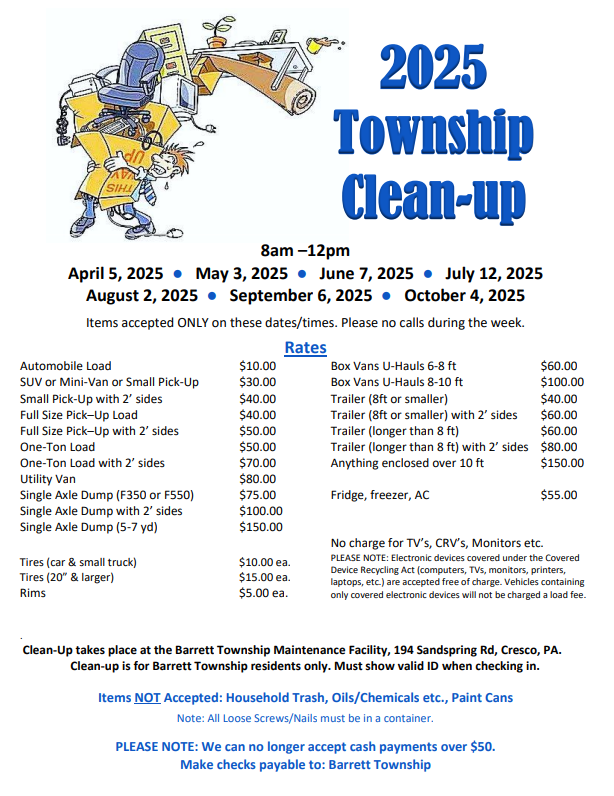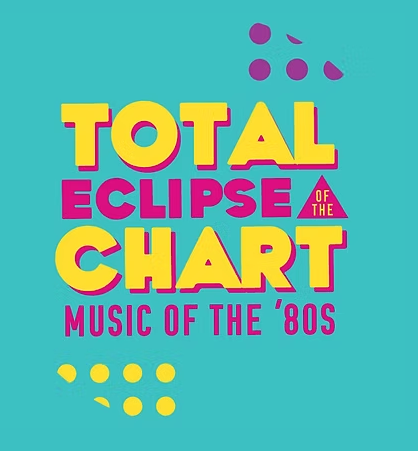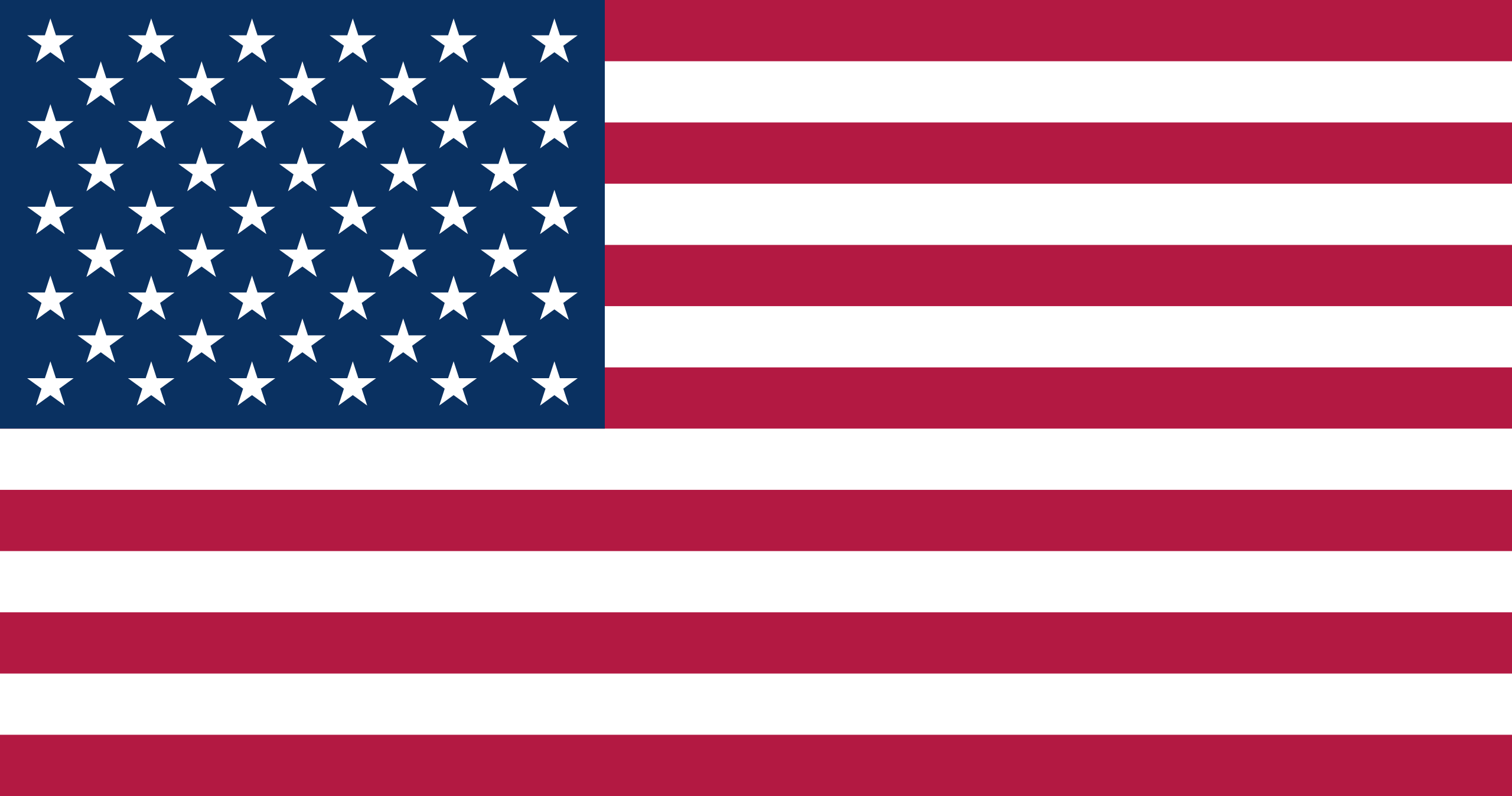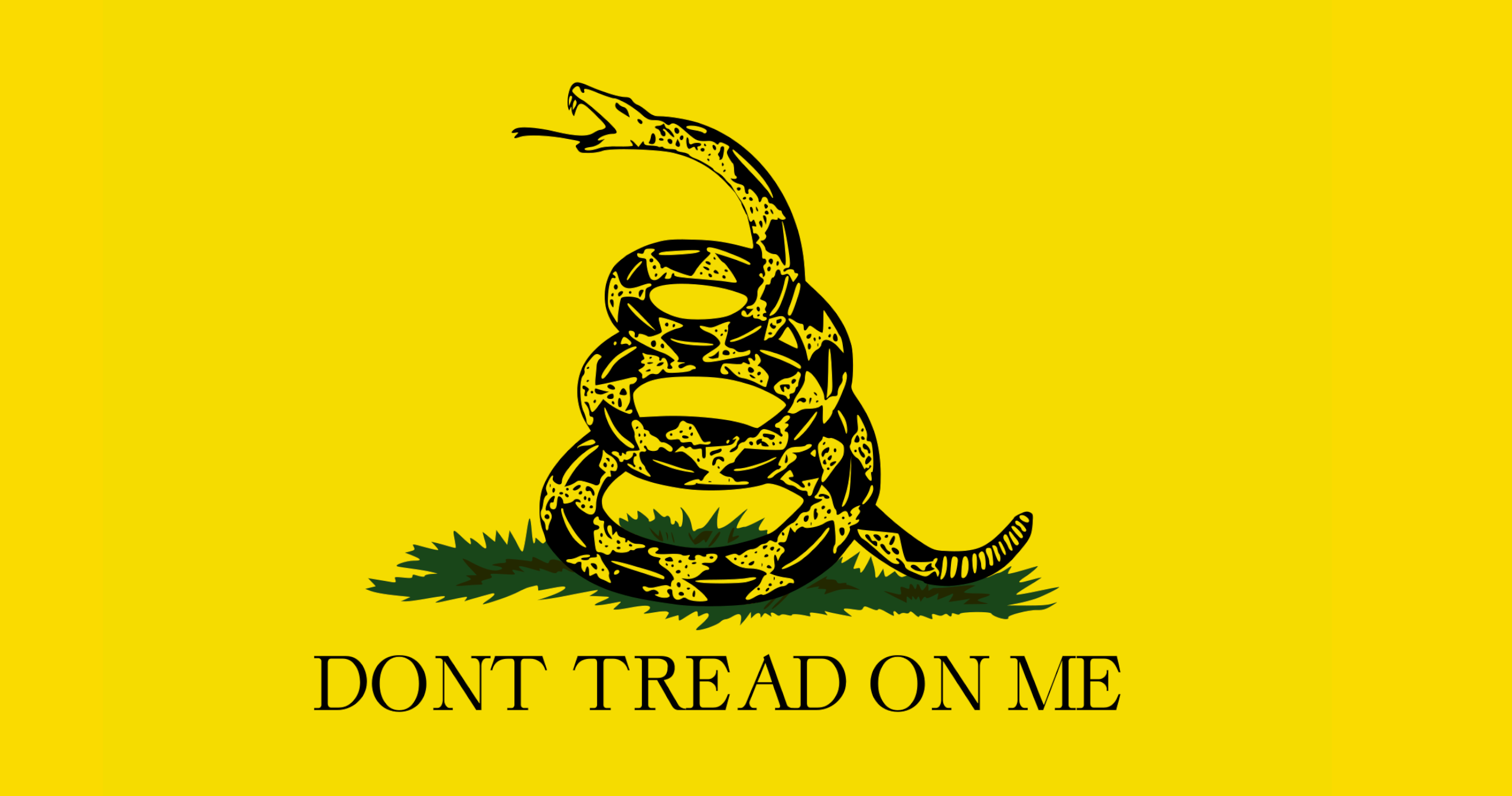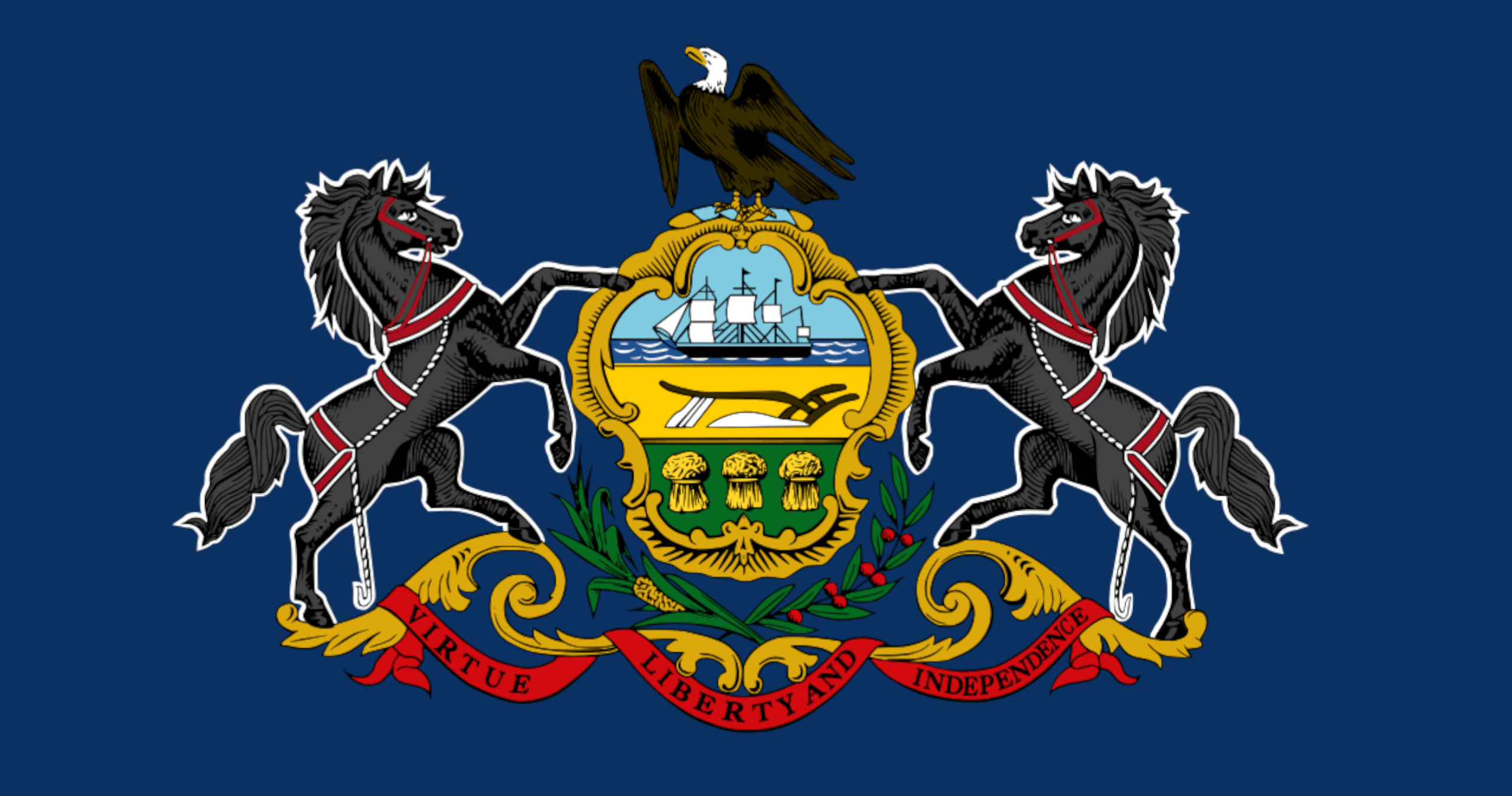The Keystone State is one of 21 states where the minimum wage is set to the federal rate, “while half of the states have authorized an automatic future wage increase of some sort,” Senate Majority Leader Jake Corman, R-Benner Township, said in a tweet. “Senate Bill 79 is a responsible approach to increase the minimum wage rate incrementally.”
“Pennsylvania residents – especially those in my community – have indicated that they support raising the minimum wage in a way that is not disruptive for small employers,” Corman said in a news release. “Compromise is not a four-letter word. You know what is? Zero. Zero is what you get when you don’t compromise. This bill reflects a compromise that will help low-wage earners and reflect the economic realities … small employers face.”
A 2018 Independent Fiscal Office (IFO) analysis found there were 23,000 people out of 101 million working full time and earning between $7.25 and $8 per hour, according to Corman. Another 89,000 people worked part-time and fell within that hourly wage rate range.
“I’ve heard from those who wanted more that it’s not enough,” House Majority Leader Bryan Cutler, R-Lancaster, said on the Pennsylvania Newsmakers program. "I’ve heard from some that it’s too much, and I think that we just need to dig into the issues and see what reforms can come with it."
Pennsylvania Gov. Tom Wolf has called for an increase in the minimum wage. A previous proposal would have increased the minimum wage to $12 per hour on July 1 and $15 per hour by 2025.
“We know that over 30 percent of college students go hungry because they can’t afford proper nutrition,” first lady Frances Wolf said in a release after touring Penn State’s student-run food pantry. “We also know that many of these students carry jobs in addition to their studies. Raising the commonwealth’s minimum wage would help these struggling students meet their basic needs so they can succeed in school and get the skills they need to attain jobs after graduation.”





